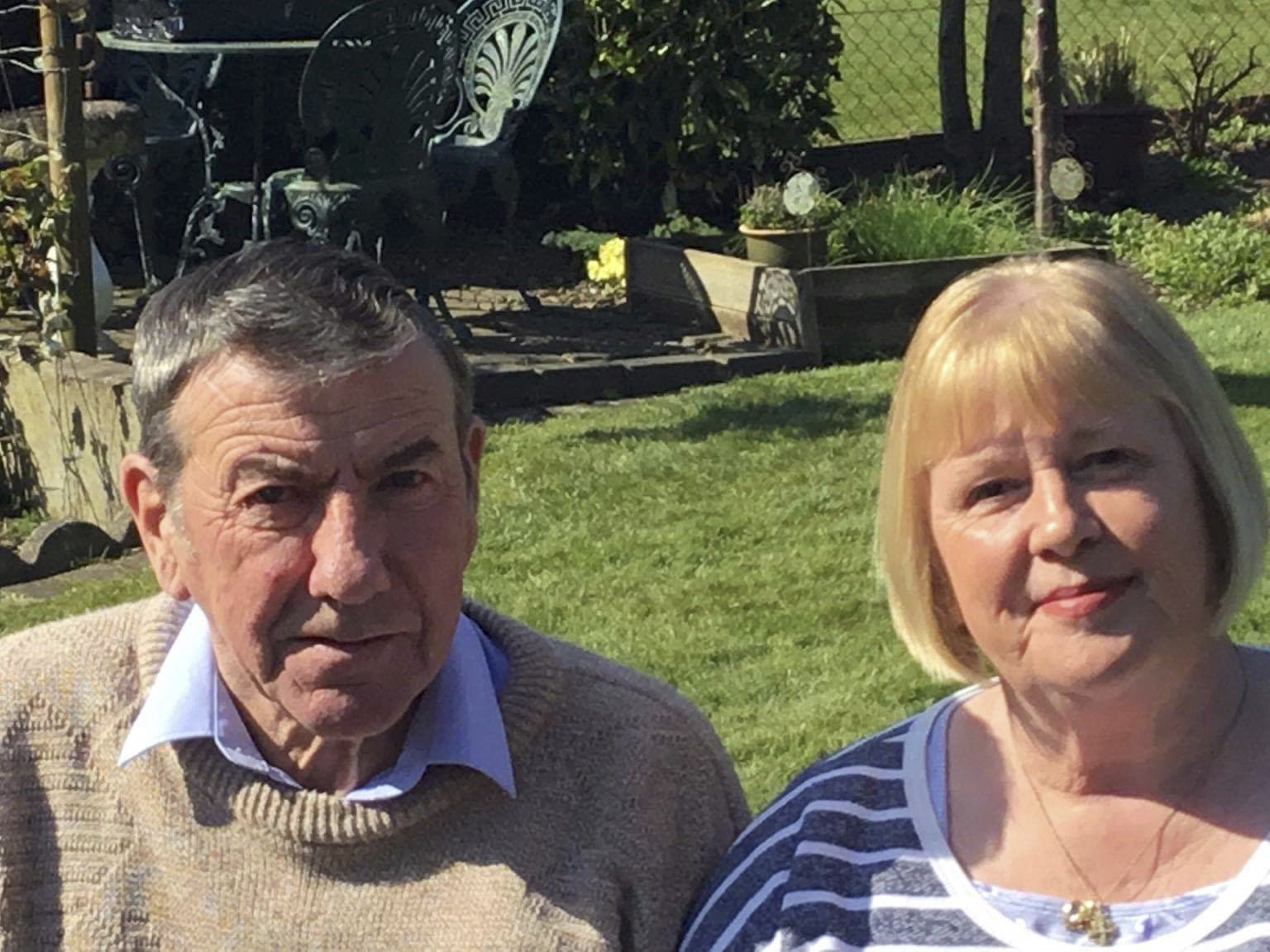Could you become a foster parent? One mum tell us about 'the most fulfilling role' of her life
The Fostering Network say they need around 8,600 new foster carers over the next 12 months alone.

Parenting advice, hot topics, best buys and family finance tips delivered straight to your inbox.
You are now subscribed
Your newsletter sign-up was successful
The Fostering Network need around 8,600 new foster carers over the next 12 months. They'll looking for people from different backgrounds, able to care for children with a range of different needs, including those with disabilities or sibling groups. Nettie Davies and her husband Tony have been fostering for nearly 17 years. Here, she reveals how it's transformed their lives.
I’ve always loved children, so when my two flew the nest and then I left my job as a bank manager in 2003, I decided I wanted to foster.
‘We have two spare rooms,’ I told my husband, Tony, then 53, placing the application forms in front of him that February. ‘And I have more than enough love to give.’
Thankfully, Tony agreed, and over the next six months we went through interviews with social workers and had background checks before finally being approved that September.
Less than a week later, we received a call to say Nick*, then six, and his sister Jane*, 12, had lost their mother, and family were unable to take them in.

I naively thought the kids would just fit into our way of life. Of course, I was completely wrong. They were grieving for their mum and confused by the upheaval. Jane’s teenage hormones made her moody and argumentative, while Nick had ADHD, meaning he struggled to concentrate.
He largely kept to himself in his room, too, and we worried constantly when he didn’t make friends at his new school. But as weeks and months went by, we learned to be patient.
Parenting advice, hot topics, best buys and family finance tips delivered straight to your inbox.
When the kids acted up or were rude, I realised it wasn’t a reflection of my parenting skills, but of the grief they’d been through. Over time, they settled and began to trust us, although that’s not to say they became angels: there was a lot of bad behaviour, messy rooms and answering back.

At 12, Nick was diagnosed with autism, which explained some of his behaviour, and I battled to get him into a school suited to his needs. It was tough and stressful, but worth it, as once he had one-on-one support, he started to enjoy lessons. He bonded with my kids and grandchildren and Nick and Jane became part of the family. Because they still had family, we never thought it appropriate to adopt them.
When Jane turned 16, she moved in with a boyfriend and so we had the space to take in another foster child, and, over the years, we’ve fostered 11 different children for varying lengths of time, each with their own problems, but I loved them all no matter what. And throughout it all, Nick has always stayed with us. While he called me Nettie, he always bought me Mother’s Day cards. ‘I had the best Christmas, because you gave me love,’ he told me the Christmas after his 13th birthday.
When Nick turned 18, we applied for a continuous-care order so he could stay with us, as we worried about him being out in the world alone. Now, he’s 24 and working as a volunteer for a mental-health charity. His autism means he still needs support, so he knows he always has a home with us. Tony and I love him like a son, and my grandchildren love him like an uncle – we can’t imagine family events without him. Fostering isn’t easy, and nearly 17 years on, I’m still learning something new every day. It’s incredibly hard to say goodbye when the kids leave, but many keep in touch.
Tony and I have just taken in a young teenager and we’ll care for her for as long as we can, but after that it may be time to retire. Being a foster mum has been the most fulfilling role of my life, my only regret is that I didn’t start earlier.
Nettie and Tony foster through Fostering Solutions, a leading independent agency providing therapeutic and practical services to vulnerable children and young people across England and Wales. Click here for details about becoming a foster carer.
Giving a child a home
According to The Foster Network, a foster carer will need to be 21 (you can apply at 18) with a spare room, be a full-time resident in the UK, and be able to give the time to care for a child or young person. A fostering service will look to see if they have the skills and experience as well as the practical considerations to provide a loving stable home for a child or young person to thrive – but apart from that, there is little that would prevent someone from applying and becoming a foster carer.